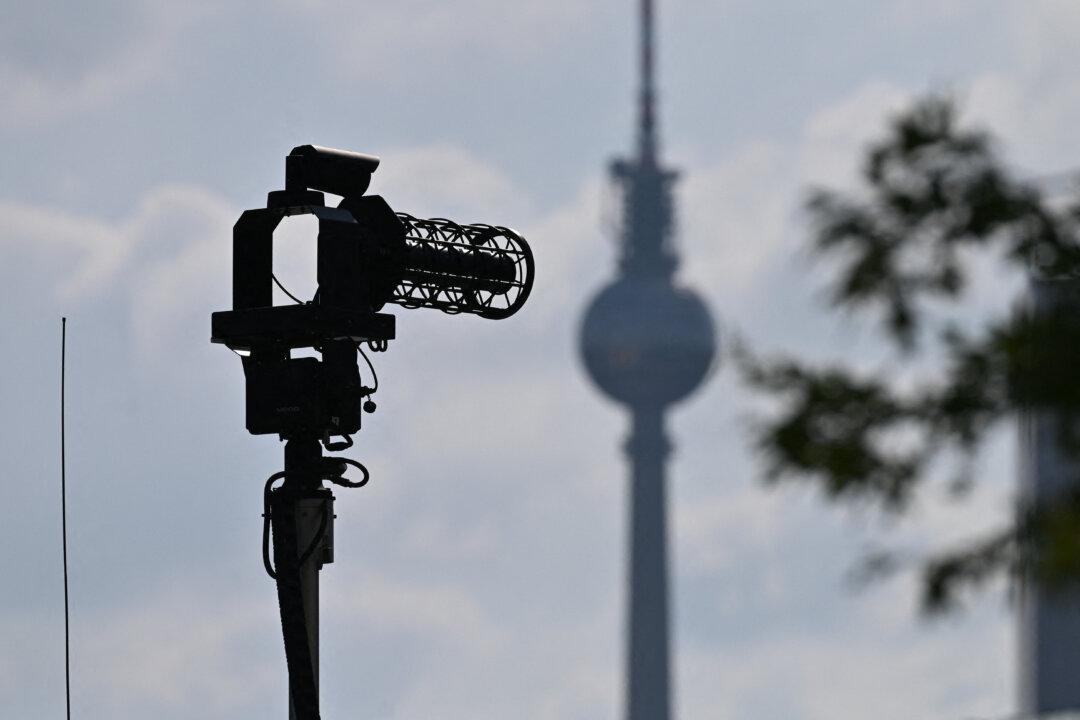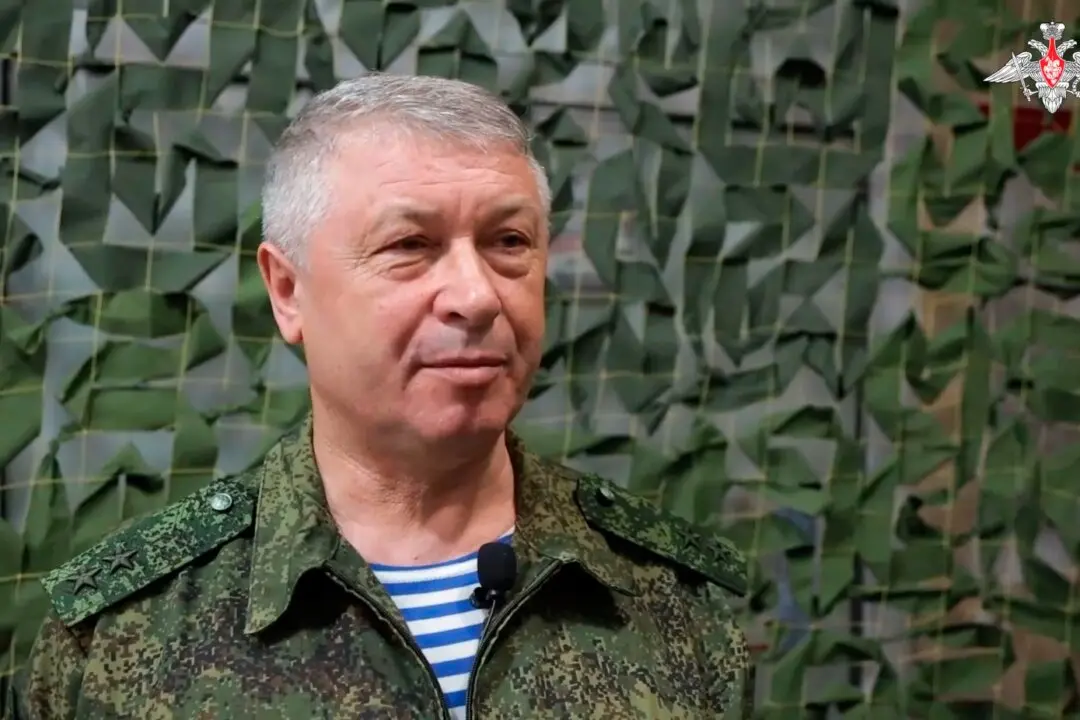Germany’s Cabinet approved plans on Jan. 15 authorizing its armed forces to shoot down illegal drones.
The move follows repeated reports of illegal flights over critical infrastructure, according to the country’s Interior Ministry.
“Especially since [Russian President Vladimir] Putin’s war of aggression against Ukraine, we have seen that drones are being used more and more frequently, which pose an increasing challenge for the police and their current technology.
“It is therefore necessary that we create the authority in the Aviation Security Act that allows the Bundeswehr [armed forces] to intervene in the event of serious dangers—including, as a last resort, to shoot down illegally flying drones.”
The ministry also said in a statement that “security services have noted that reports of sightings of uncooperative drones over critical infrastructure and military properties in Germany are increasing.”
“Espionage or sabotage are regularly considered as a possible reason,” the statement reads.
Under the planned amendment to the Aviation Security Act, local authorities could ask the military to take action, and the armed forces would be able to use force against illegal drones in the event of an imminent and particularly serious accident, according to the draft.
But under the new proposals, a drone could be shot down by the army if it is believed the device is being “used against the lives of people or against a critical facility” and the use of armed force is the “only means of averting this present danger,” the ministry stated.
German Chancellor Olaf Scholz plans to push the amendment through the Bundestag lower house of Parliament before a federal election on Feb. 23, but given the current, fractured nature of German politics, it is not certain that he will manage to achieve a majority.
The Manching site hosts a military aerodrome and is where the Eurofighter jet is developed by Airbus.
Elsewhere, several drones have recently been spotted over an industrial zone in Brunsbüttel near the North Sea and near the American airbase at Ramstein.
In December 2024, German federal police, the Bundeskriminalamt, warned companies that there could be Russian saboteurs among their employees and contractors.
Police pointed to unauthorized drone flights over military facilities, as well as above or near liquefied natural gas and oil terminals, seaports, and logistics companies, as recent examples of suspected sabotage by Russian state actors.
Moscow has denied any involvement.
Under Article 5, if a member is attacked, the others in the alliance are obligated to help it respond to the threat.







